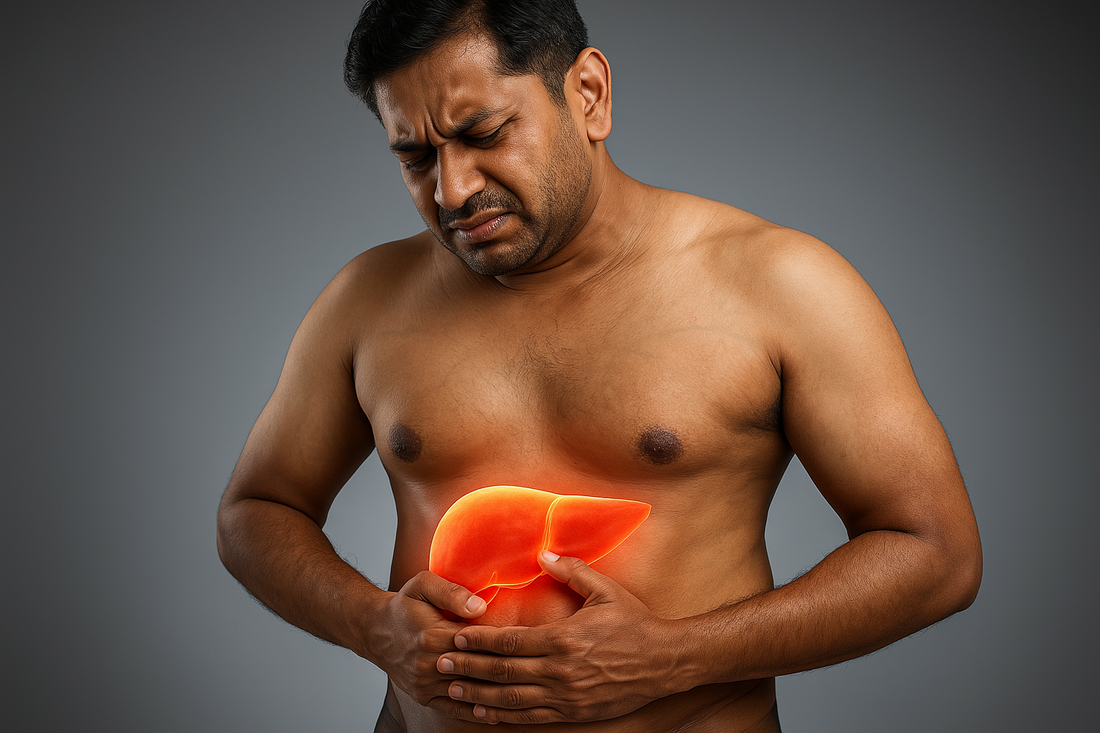
Weekend Workouts May Help Your Liver
Share
Many people want to be healthier, but finding time to exercise every day can be difficult. What if you could get the benefits of regular activity by only working out on the weekend? A new study says you might be able to—and your liver may thank you for it.
What Is MASLD and Why Should You Care?
Metabolic dysfunction-associated steatotic liver disease (MASLD) is a new name for what used to be called non-alcoholic fatty liver disease (NAFLD). It happens when fat builds up in the liver—not because of alcohol, but mostly due to poor diet, obesity, and lack of exercise.
MASLD is a growing problem around the world. It can lead to liver inflammation, scarring, and even liver failure. It’s also linked to type 2 diabetes, heart disease, and certain cancers. Because there’s no approved medicine to treat it yet, healthy lifestyle habits—especially exercise—are the best way to prevent or improve the condition.
What Are “Weekend Warriors”?
Weekend warriors are people who don’t have time to exercise during the week but do all their physical activity in one or two longer sessions on the weekend. For example, they might go for a long bike ride or spend an hour at the gym on Saturday and Sunday.
This study looked at whether this kind of exercise pattern could be just as helpful for preventing MASLD as working out more regularly during the week.
What the Researchers Did
The researchers used data from a large national health survey in the U.S. called NHANES. They studied more than 4,600 adults and grouped them into four categories based on how much and how often they exercised:
- Inactive: No regular activity
- Underactive: Less than 150 minutes per week
- Weekend warriors (WWs): 150+ minutes per week, but only 1–2 times
- Regularly active (RA): 150+ minutes, spread over 3 or more days
They checked each person’s liver health using a special scan that measures fat in the liver, and then looked for signs of MASLD.
What They Found
Both weekend warriors and regularly active people had a much lower chance of having MASLD compared to inactive people. Weekend warriors had a 49% lower risk, while regularly active participants had a 38% lower risk.
Surprisingly, weekend warriors did just as well as those who exercised more frequently, and there was no meaningful difference in risk between the two groups. That means you don’t have to work out every day to protect your liver—even once or twice a week might be enough.
However, the study did note that regularly active people had slightly better results when it came to certain metabolic markers like good cholesterol and blood sugar control.
What This Means for You
If you're short on time during the week, this research offers encouraging news:
- You can still help your liver by exercising on the weekend
- Hitting 150 minutes per week matters more than how often you do it
- Regular workouts may offer added benefits, but weekend workouts still help
Whether you jog on Sunday mornings or take a long hike every Saturday, it’s clear that any activity is better than none, and even condensed exercise schedules can protect your health.
Simple Tips to Become a Weekend Warrior
Here are a few practical ideas to help you get started:
- Plan ahead: Schedule your workouts like appointments.
- Make it fun: Choose activities you enjoy—like swimming, biking, or dancing.
- Start small: Begin with 20–30 minutes and gradually build up.
- Mix it up: Include both cardio (like walking or cycling) and strength exercises.
- Stay consistent: Two focused sessions a week can make a real difference.
Final Thoughts
The idea that you must exercise every day can be discouraging for many people. But this study shows that even just a couple of sessions per week can lower your risk of fatty liver disease. If you’re busy during the week, don’t give up—be a weekend warrior instead. Your liver (and your overall health) will thank you.
